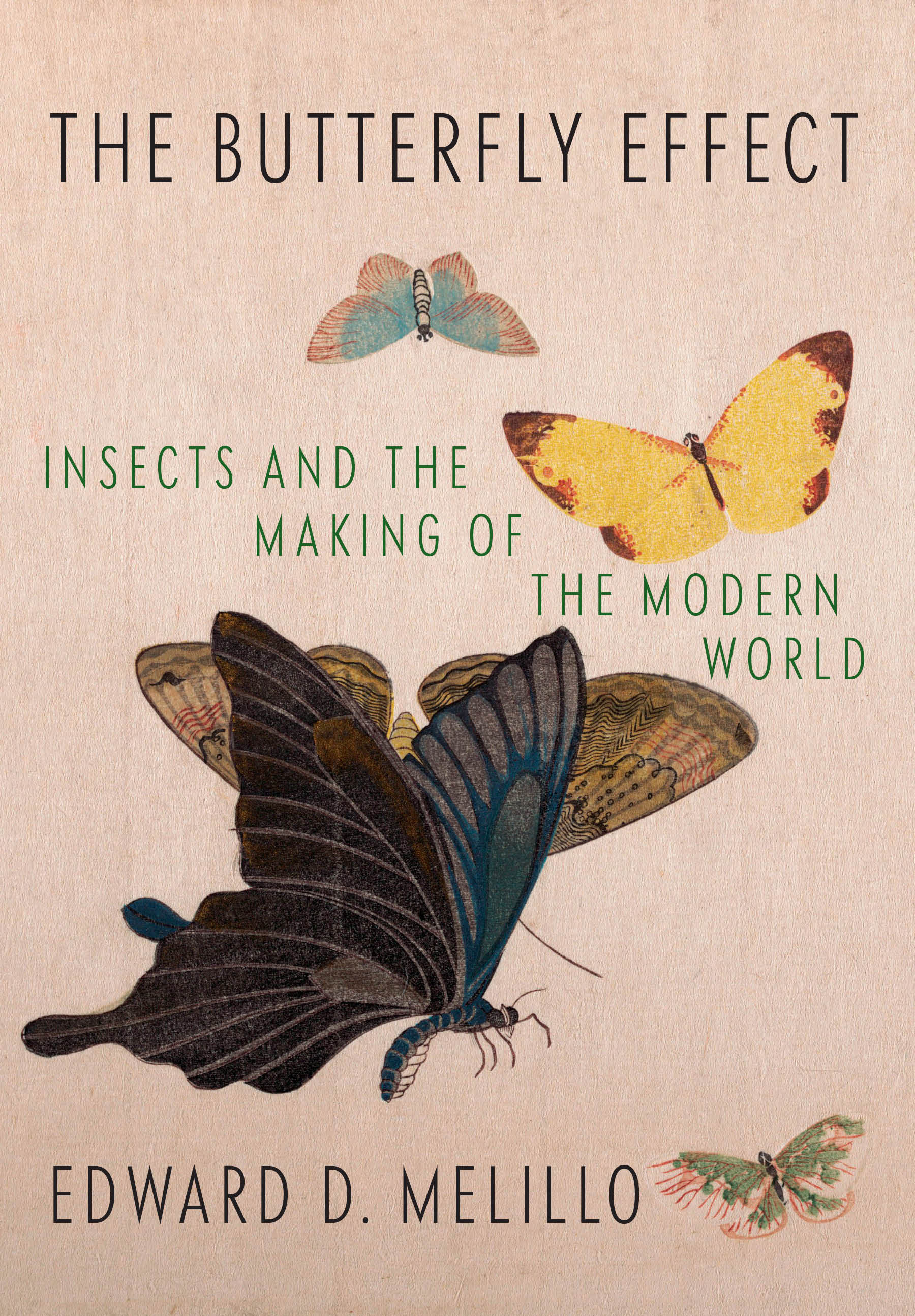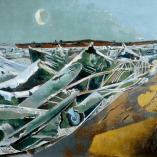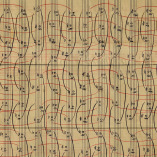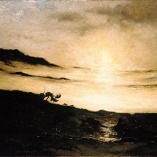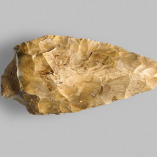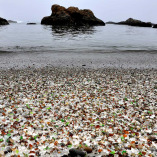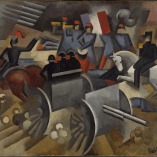
Insects, by Oliver Herford, c. 1890. Smithsonian American Art Museum, bequest of Olin Dows, 1983.
“In November 1944,” Edward D. Melillo writes in his book The Butterfly Effect, “Decca Records released a single featuring Ella Fitzgerald and the Ink Spots. ‘Into Each Life Some Rain Must Fall’ skyrocketed to number one on the top of the Billboard charts in the United States and inaugurated a long-term collaboration between the ‘First Lady of Song’ and the fabled record producer Milt Gabler. A century before this musical milestone, the Ottoman sultan Abdülmecid I founded the Hereke Imperial Carpet Manufacture to supply elaborate silk rugs for his Dolmabahçe Palace on the Bosphorus. These extravagant carpets, among the finest ever woven, featured between three and four thousand knots per square inch. Six decades earlier, on October 19, 1781, Brigadier General Charles O’Hara of His Britannic Majesty’s Coldstream Guards donned his distinctive scarlet officer’s coat, strode onto the battlefield at Yorktown, Virginia, and surrendered the sword of Lieutenant General Charles Cornwallis to Major General Benjamin Lincoln of the American Continental Army. A trio of more incongruous events, spanning three centuries, is difficult to imagine, yet these episodes share an astonishing feature. They depended on the tremendous productive capacity of domesticated insects.”
This week on the podcast, Melillo and Lewis H. Lapham discuss events like these across human history, which show how, despite any annoyance we might feel at the prospect, the world as we know it would cease to function without insects.
Lewis H. Lapham speaks with Edward D. Melillo, author of The Butterfly Effect: Insects and the Making of the Modern World.
Thanks to our generous donors. Lead support for this podcast has been provided by Elizabeth “Lisette” Prince. Additional support was provided by James J. “Jimmy” Coleman Jr.
